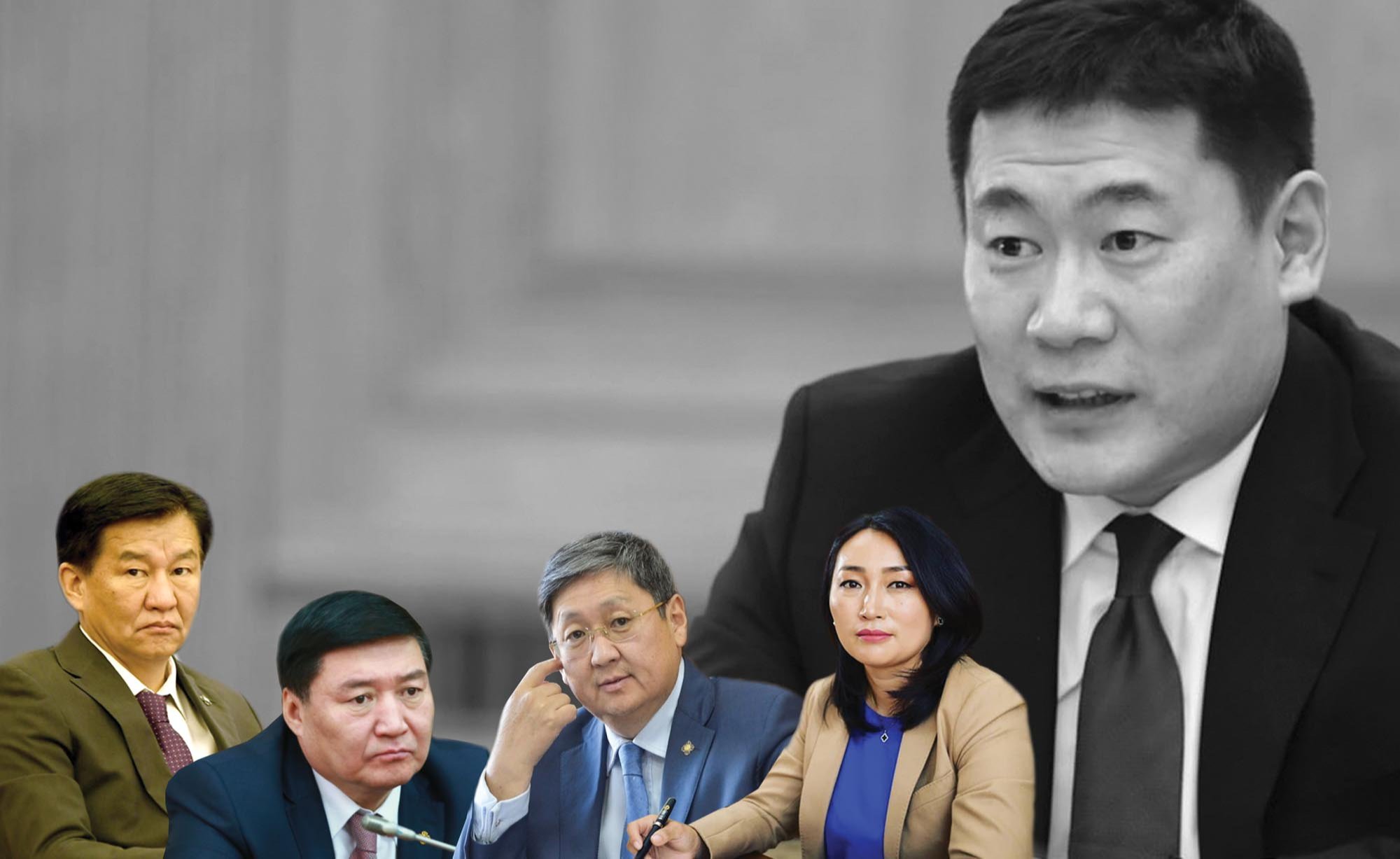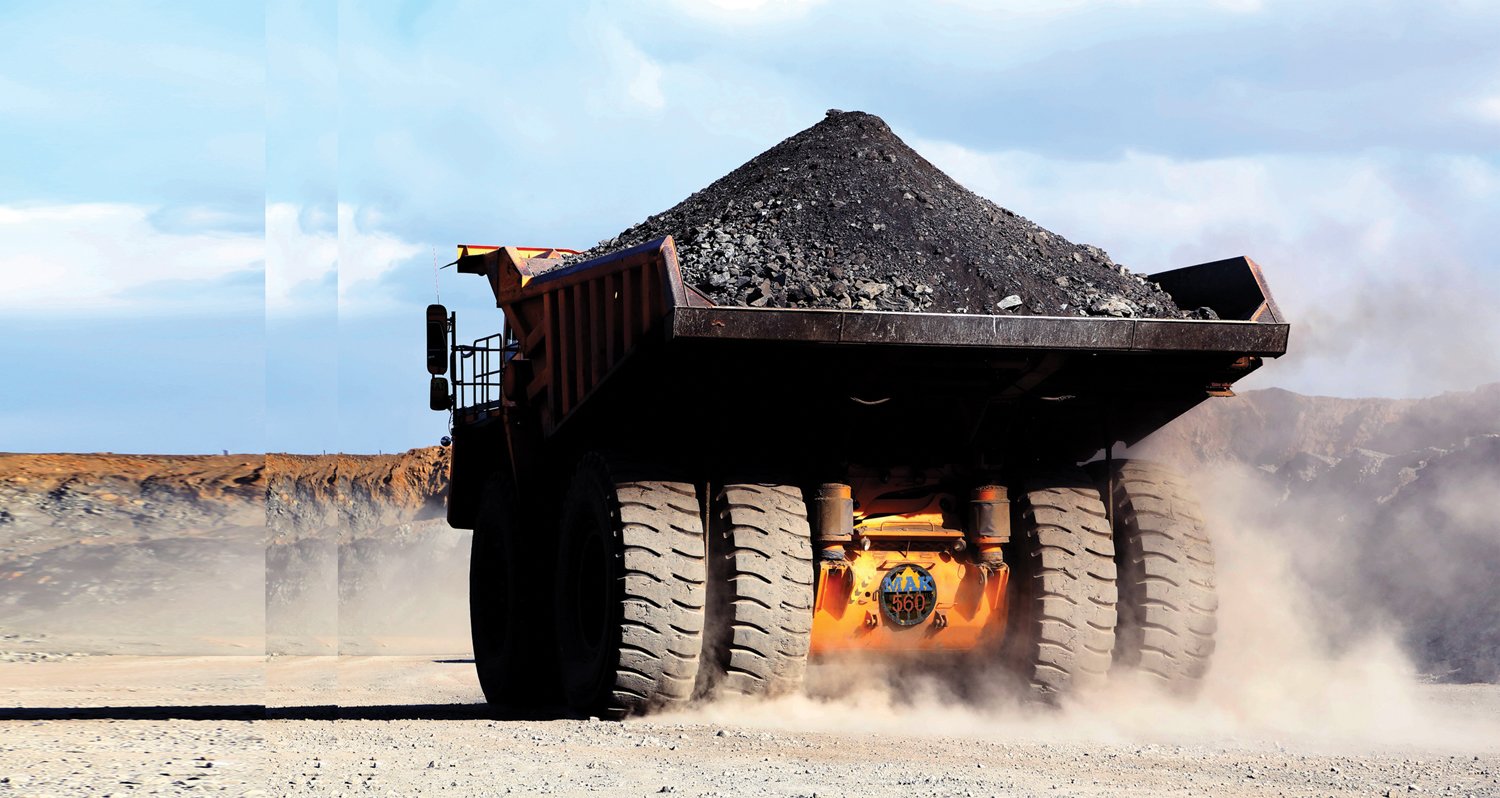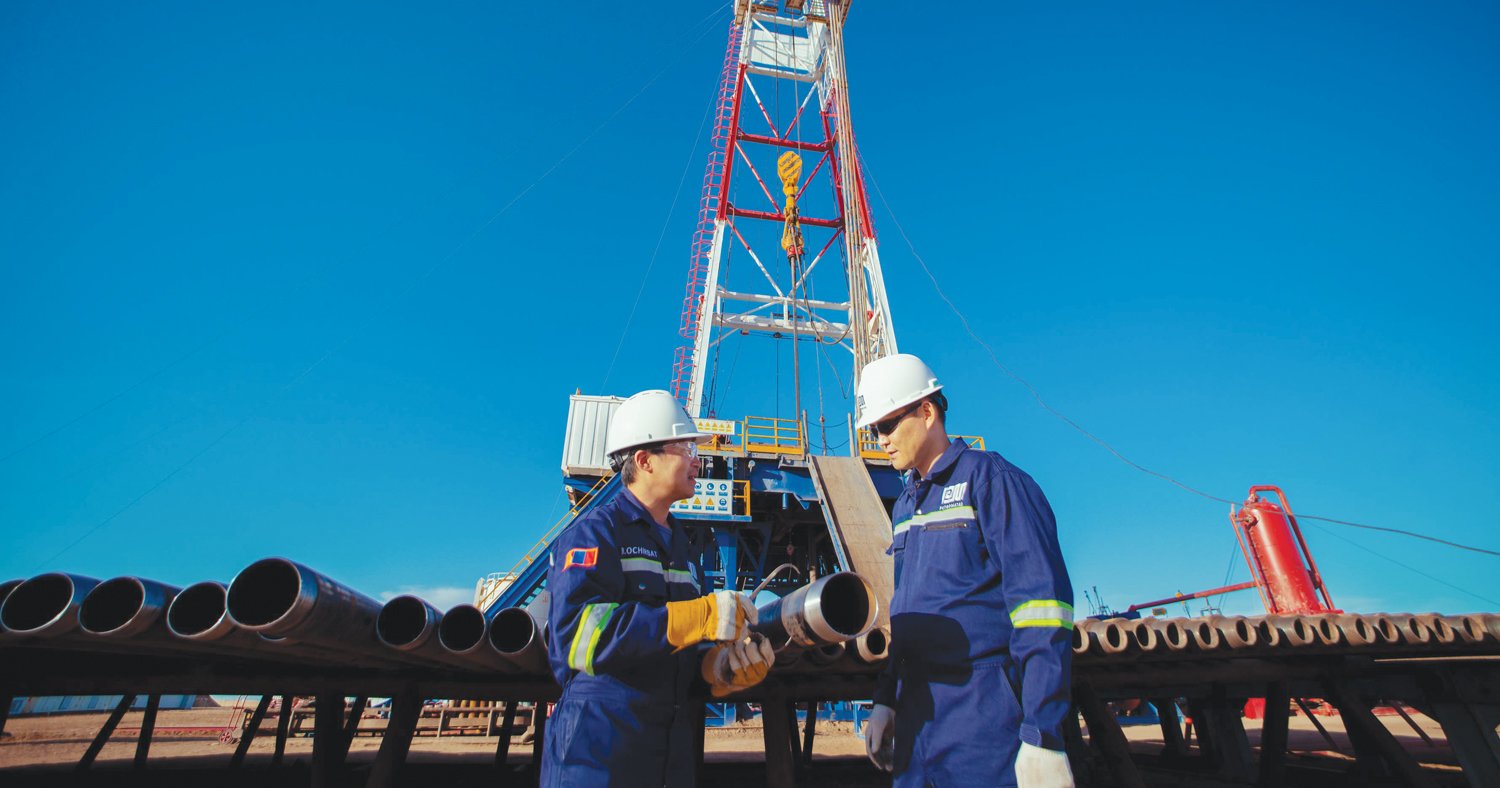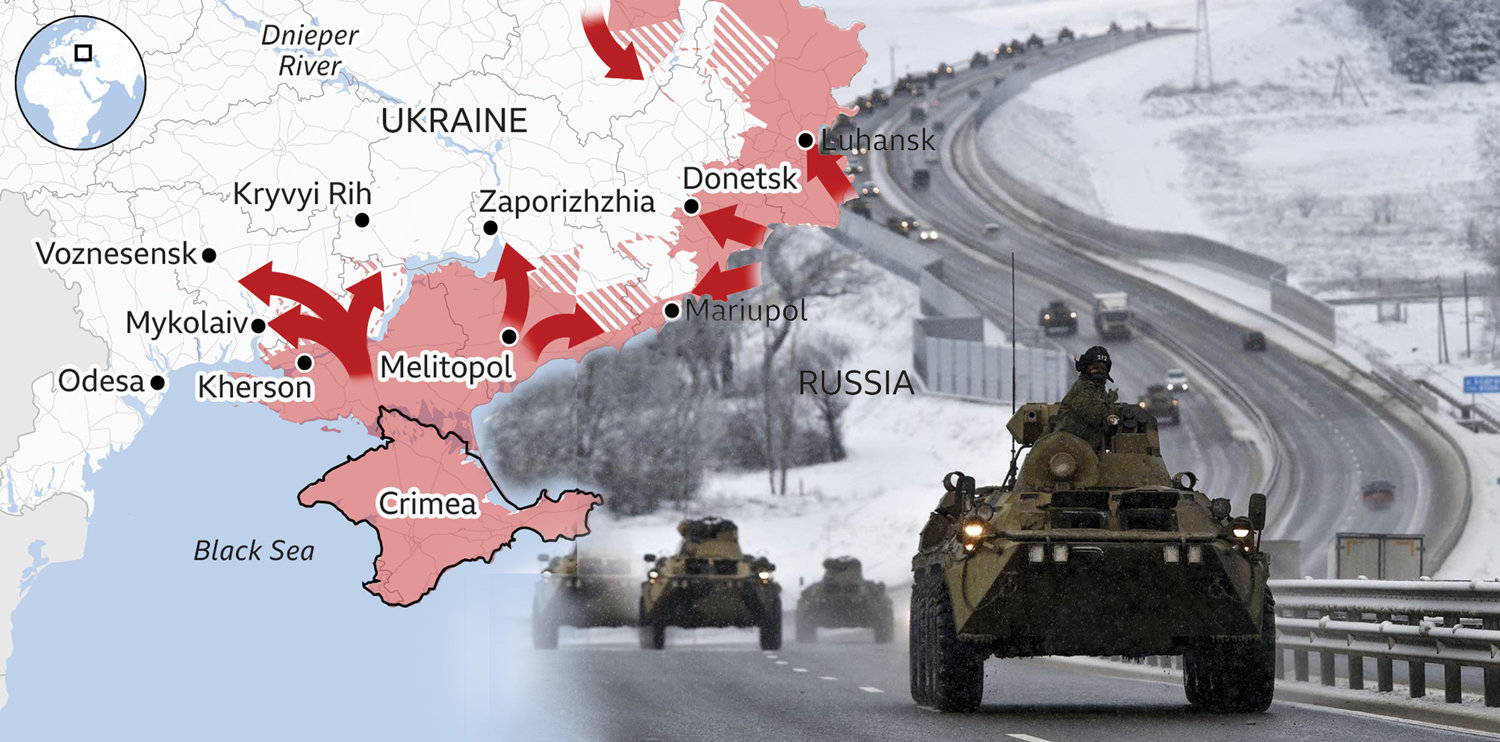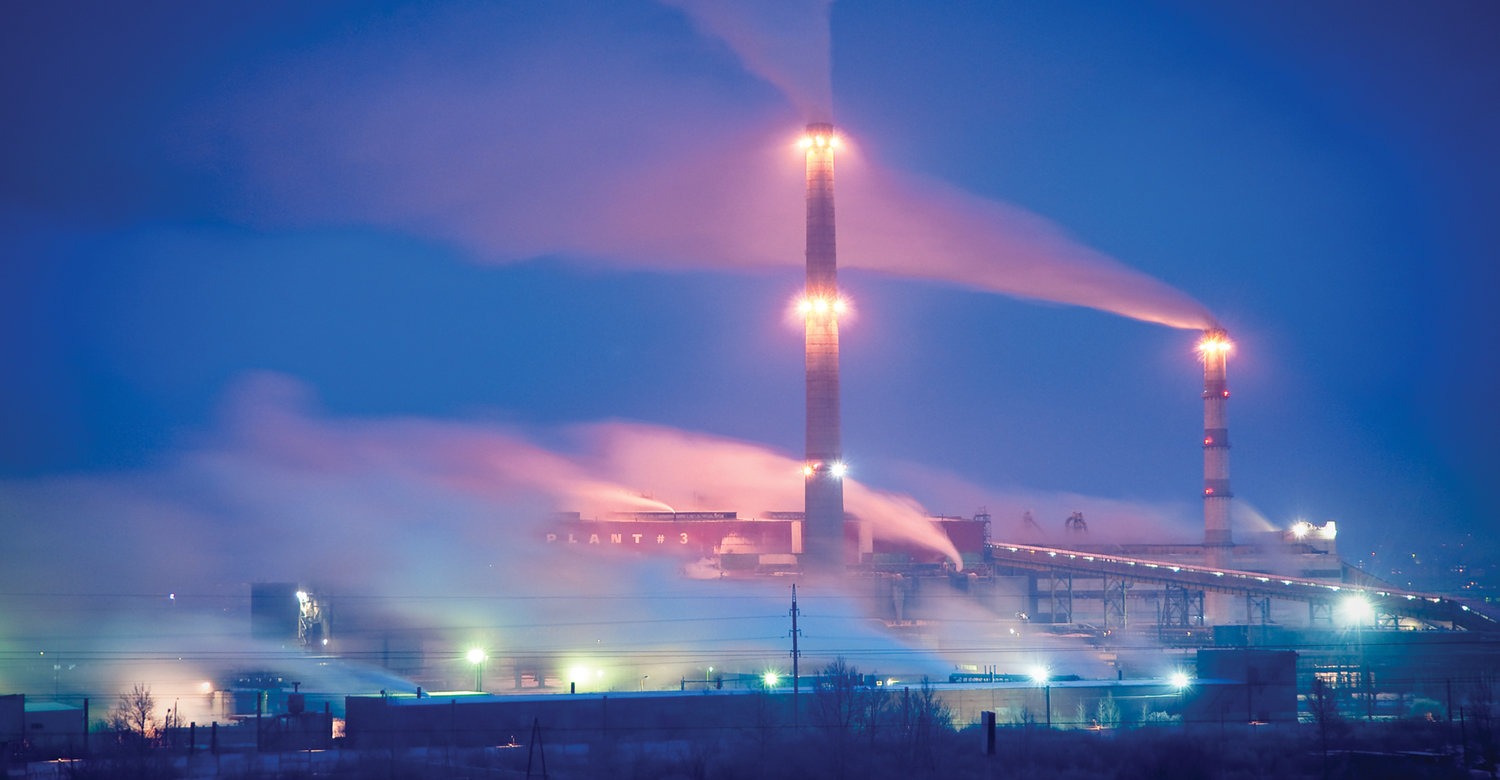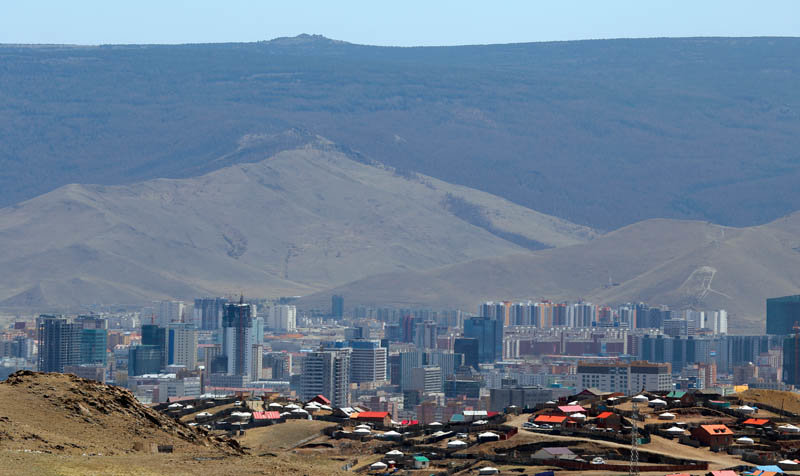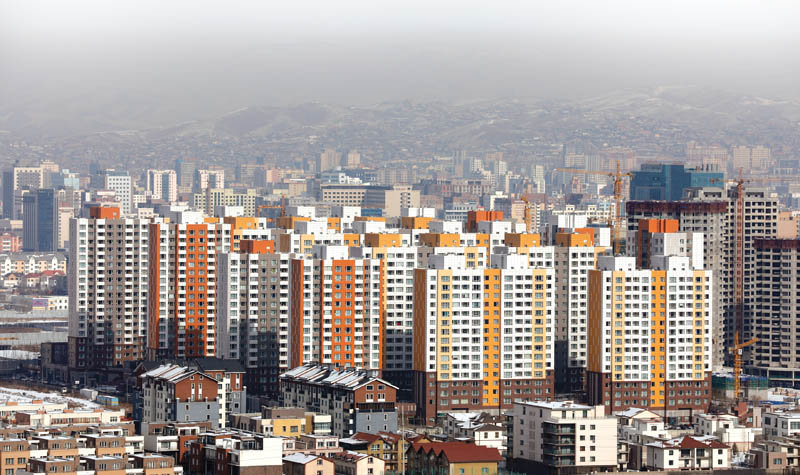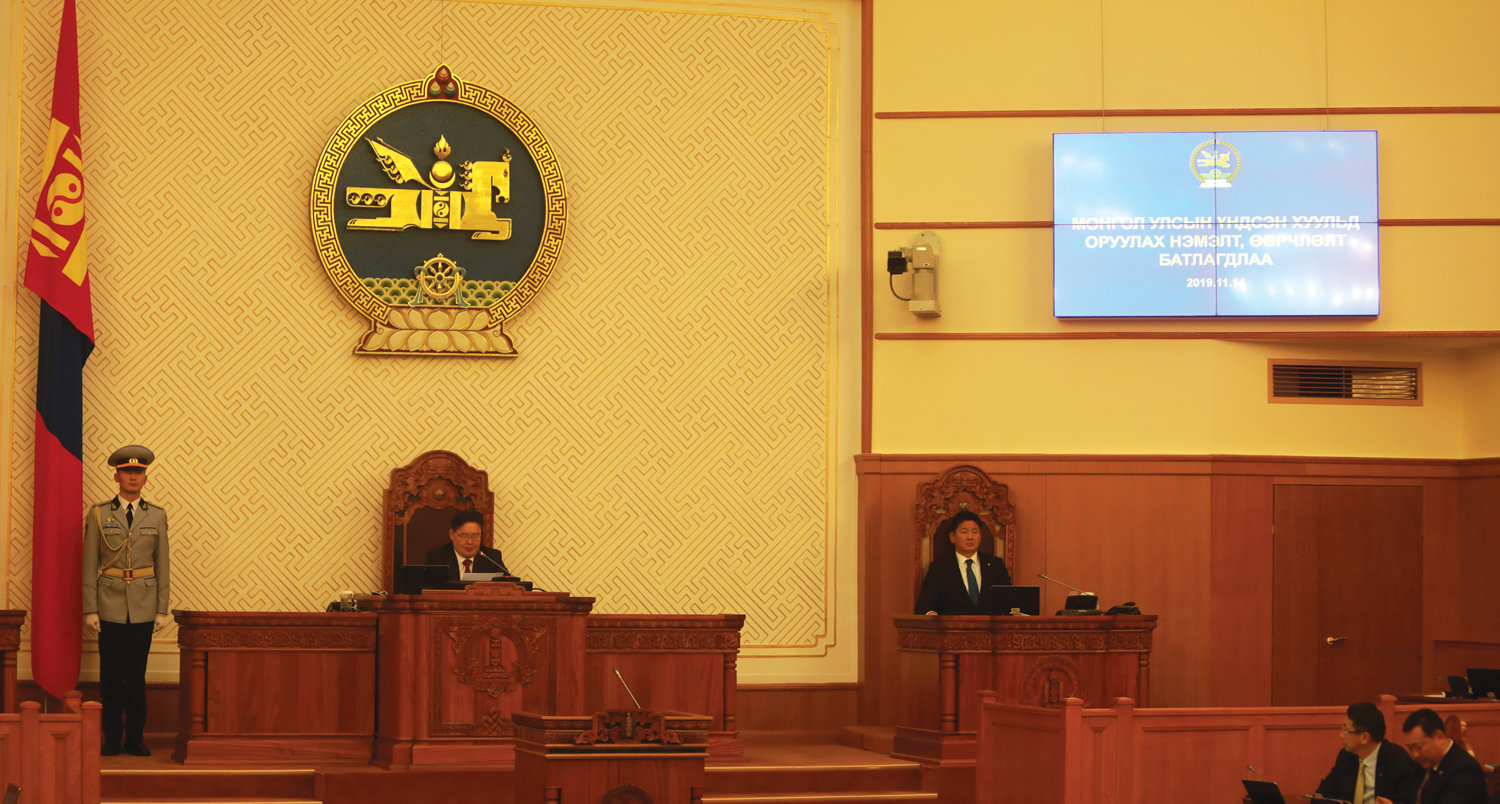Opinion
THE FOURTH INDUSTRIAL REVOLUTION REQUIRES AN ACCOMPANYING REVOLUTION IN HIGHER EDUCATION
It is increasingly evident that the Fourth Industrial Revolution will profoundly alter supply chains, production methods, and distribution networks. Governments worldwide are focusing on this transformation, adapting their policies alongside industrial advancements. Simultaneously, as nations align their economies, scientific endeavors, and educational systems with the Fourth Industrial Revolution, opportunities to maximize profits while minimizing costs are emerging, intensifying global competition.
L.Oyun-Erdene reshuffled his cabinet and promotes his reform policy
These are days when the public and the authorities continue searching for “coal thieves”, when the demonstrations declined, when the government appointed new ministers, when the opposition elected a new leader, and when the Parliament closed its autumn session after passing a law that encroached on the freedom of speech of citizens.
Government decision targeting Erdenes Tavantolgoi
That there is a balance of payments crisis is evident from the imposition on 26th October of a six-month special regime by JSC Erdenes Tavantolgoi. This was unexpected. The company’s director-general, B. Gankhuyag was dismissed from his post and an investigation into the group’s alleged stealing from coal exports that Prime Minister L.Oyun-Erdene mentioned last spring, has been launched. The government believes that the special regime imposed by Government Decree No. 362 of 2022 will help increase the flow of foreign currency into Mongolia. The government states that the core business, management, organization, and balance of payment of Erdenes Tavantolgoi JSC will be improved, and revenues increased. The Ministry of Finance will be in charge for this work.
A real step forward for the coal industry
In the summer days while the war between Russia and Ukraine continued and China and Taiwan were on the brink of an armed conflict, Mongolia’s neutral foreign policy caught the world’s attention.
During his short visit (5 July) to Mongolia, Russian Foreign Minister Sergey Lavrov concluded that “the positions of our two countries in the international sphere coincide.” UN Secretary-General Antуnio Guterres said: “I am happy to visit Mongolia, which is a symbol of peace at a time when peace and tranquility are becoming increasingly rare in the world. Mongolia’s declaration of a nuclear-weapon-free zone is a bold step.” His visit to our country and his speech (08-11 August) raised Mongolia’s image in the international arena.
The State Austerity Law hits the centenary of the mining industry
The Standing Committee on State Structure of the Parliament (15 June 2022) approved a resolution to celebrate the 100th anniversary of the establishment of State Control in Mongolia. The anniversary this year will be celebrated in accordance with the Austerity Law, which was approved by the Parliament on 29 April and officially became effective on 16 May. However, this historic anniversary could be “suppressed” by the Austerity Law, and nothing special will happen until the autumn. It appears that the government treats such events as an additional economic burden although these sectors carry the country’s economy on their back.
‘Revenge’ of Oil
Oil’s position is getting stronger despite the green transition. We thought that cheap oil would gradually work itself out of the global energy market through green policies, and decreased revenue for oil producers would follow. But the reverse is currently the case. Oil is regarded as a dirty fuel, and the enemy of nature due to its impact on climate change. But now, its positioning looks very attractive. All countries are eager for oil. It is quite certain that only sufficient oil will ease global inflation. Major oil producers are now key global actors.
The EU’s determination to reverse dependence on Russian fossil fuels (oil, gas, and coal) is only exacerbating these circumstances. Currently, the EU is discussing its sixth package of economic sanctions against Russia. However, they are divided on whether a total embargo on oil will happen despite announcing the ‘RepowerEU’ plan to entirely cut Russian energy imports within five years. i.e. by 2027.
STATE-OWNED COMPANIES WILL COMPLETELY CHANGE
The Ministry of Finance and the Government Agency for Policy Coordination on State Property and Regulation (GAPCSP) are very busy with frequent visits to Erdenet and Darkhan. After the Khutul’s “Cement and Lime” plant was taken over by the state, the government renewed the charter of Erdenes Mongol company and terminated the concession agreement with QMC of the Darkhan Metallurgical Plant.
The new management team of Khutul’s “Cement and Lime” State Joint Stock Company promised to launch an IPO in 2023 and turn the company into a listed, publicly controlled and open joint stock company. Before that, the company needs to finish paying all taxes to the government. However, the Darkhan Metallurgical Plant, which wasn’t able to build a mining and metallurgical complex for eight years, is now owned by the state, along with the strategically important Tumurtei, Tumurt-Ovoo and Khustai deposits.
Joint ‘starving game’
The West is set to refuse Russian cheap, high quality commodities. And Russia thirsts for western materials. This is a game of ‘let’s starve together’. When a small economy is hit by sanctions from a big economy, the small economy is usually expected to compromise. But when there are sanctions between bigger economies, mutual retaliation aggravates the situation. There is no sign of any joint compromise between our northern neighbor and western parties. These hard days are indicating the bleak outlook for this and coming years.
Further development of mining depends on exploration
Any changes related to the issuance of mineral licenses has a positive or negative impact on the development of the mining sector. Under the 1997 Minerals Law, whoever applied first obtained a license. In addition, the license was revoked on only three grounds, and there were no restrictions on transferring or using licenses as collateral. Some industry experts argued that the 1997 law on licensing was the most liberal, transparent, and well-protected in terms of ownership rights.
Between 1997 and 2004 when this law was effective, about 6,000 exploration licenses were issued for 40% of Mongolia’s territory, and exploration activities took off.
Green economy and green energy: much more to do
Alongside the COVID-19 pandemic, the energy crisis has begun to affect the world. By October, gas prices in Europe had increased fivefold due to supply shortages. Oil supply shortages have also followed. The current instability of world’s economies is largely due to the pandemic, but there are many other contributory factors.
At the heart of the crisis lies the challenge of reducing greenhouse gas emissions while ensuring a reliable supply of energy. Countries have imposed several short and long quarantines over the past two years to prevent infection spread. A consequence has been disruption of business relations between countries and reductions in production which, in turn reduced energy consumption.
Turning UB citizens into pedestrians. Where does the responsibility lie?
Mongolians have recently been made aware that fuel is one of the products whose supply directly impacts their economy. As fuel prices increase, so does the cost of goods and services, highlighting the importance of maintaining a consistent and steady supply. Since Mongolia currently does not have oil refining capacity, it is 100 percent dependent on foreign imports for this economically vital resource. During the socialist era, oil was exported to Russia for processing, now it goes to China. For years, critics have been highlighting that dependence on foreign oil products undermines Mongolia’s economic security and that it has not seen the benefits “of the oil that covered the hem of P, Orchirbat’s deel” (first president of Mongolia in 1990s).
Post Pandemic Development Plans
As of June, the pandemic has cost Mongolia over one billion USD in export revenues and caused a two year-delay to the country’s development. It is expected that in the next few months the pandemic will end, and things will begin returning to normal. Last year our country was nearly infection free and symbol of successful management. This year the infection numbers are surging dramatically despite having one of the world’s most successful mass vaccination campaigns. This is in part due to a reduction in public compliance with preventative measures that were exacerbated by the Presidential election and the MPP’s 100th anniversary events. Not complying with the prevention protocols has quickly erased our prior success and the efficacy of the vaccination program.
Presidential Election with Unbalanced Power
On May 24, 2021, U.Khurelsukh (MPP), S. Erdene (DP) and D. Enkhbat (National Labour Party), candidates for the 8th Presidential Election of Mongolia, received their certification from the General Election Committee and officially started their election campaigns.
This election has several interesting features. First, according to the Election Law revised under the amended Constitution, the candidates will promote themselves to the public for only 14 days and stop the campaigning on the day prior to voting day (06.09). Never has such a short campaign taken place in Mongolia’s history. The previous shortest campaign, which was carried out within 15 days, took place in 1993. Of course, this period is too short for candidates who are not well-known and accepted in society, who have limited team support and financial resources. I think that it is clearly seen for whom the current Election Law is aimed at.
Gold glitters in the economic gloom
It is heartening to see that the gold sector is being developed in the proper professional way, following strict business principles. Mongolian gold export was the highest ever in 2020, and because prices were high, gold earned almost the same as copper concentrate and coal. In a way gold glittered in the gloom of the pandemic.
Aware of gold’s contribution to the foreign currency reserve and thus helping keep the MNT stable, the government is putting a priority on increasing both extractable gold reserves and production and also building a refinery.
The market has never been better than it was in 2020. In August, the price reached $2067/oz, beating the previous highest recorded in 2011. The year’s average price was $1769.6/oz.
An ambitious plan needs prudent handling
The Government has prepared a list of 100 projects for implementation in the coming four years, and will release it as it completes 100 days in office. The focus is on import substitution and production of value-added products for export. MNT10 trillion would come from the state budget for some of these projects, and long-term loans – there is no word on their amount -- from foreign donor organizations would be used for some others. Another MNT47 trillion would have to come from foreign investment, in the form of public-private partnership/concessions, and as private investment. The government is exploring where to look for the money. The Spring session of parliament, beginning in April, is expected to approve the projects and their investment source.
New landmark rises on Southern Gobi
Towards the end of last year, an important event took place in the history of modern mining in Mongolia. It was the completion of a production shaft, one of the key infrastructure facilities of the Oyu Tolgoi Underground Project, with its headframe tower rising to the sky.
On the vast plains of Khanbogd, two distinct landmarks now catch our eye. First is Mt. Khanbogd, proud to be blessed by the sun. This sacred mountain, created by God, contains the best of minerals, and is also a storehouse of history and legends, a slice of human culture. God only knows how and when it was created and what it has seen since then. The second landmark, not far away from the sacred mountain, is the Oyu Tolgoi tower – built only recently by human intelligence and hard work. It looks mesmerizing, especially at dawn and dusk. I ask for your forgiveness for daring to compare these two “creations”, but, as it is said, there is always some connection between things.
Natural resources are for the people, not politics
Almost two months have passed since the Constitution was amended to include a provision mandating that profits from underground resources would be put into the National Wealth Fund to be distributed equally among the people of the country. The passage of the amendment was preceded by a prolonged period of debate, often acrimonious, on the exact words and terminology to be used but there was never any dispute that natural resources were state property and the results from their exploitation should be for the public good.
2020 holds promise but beware of too big a State role
The year that is coming to a close has been a momentous one for Mongolia in that 19 years after its adoption, major amendments were made to the democratic constitution. Issues pertaining to mineral resources dominated the public discourse and rightly so, as mining continues to be our main industry. Since it contributes so much to the economy, it is only natural that political decisions affecting mining would be closely watched and debated.
2019 started with political instability with demands for the government to resign and the Speaker of Parliament to be dismissed. After about six weeks of uncertainty, a new Speaker took over and the Ministers for Transport and Education left the government. At the fag end of 2018 the government had asked the army to seize the licences of large deposits and the
Amendments lead to responsibility
The future will remember 14 November, 2019 as a momentous day in the history of post-transition Mongolia when the 64 members present in parliament unanimously voted for the first substantive changes to the Constitution since its adoption 20 years ago, thus concluding five months of public debate on ushering in a new era in public affairs.
The opposition, with a strength of 12 in the 76-member House, stayed away from the voting, but several of the amendments adopted had been proposed by it and the public perception of the overall amendment exercise is that it has been an act of national consensus. Nobody knows what the future holds, but for the moment, people are relieved that a prolonged period of uncertainty is over and that the important reforms would allow a government to “function in a more orderly manner”, in the words of the Speaker of Parliament.
Being on the grey list is a red signal to the economy
As if we do not already have enough economic worries, comes the announcement on 18 October that The Financial Action Task Force (FATF) has identified Mongolia as a “jurisdiction with strategic AML/CFT (anti-money laundering/combating the financing of terrorism) deficiencies”, a move that is commonly called grey listing. FATF is an intergovernmental organization to develop policies to combat money laundering and terrorism financing.
Being on the grey list is not as bad as being blacklisted; the two can be compared to being shown a yellow card and a red card respectively in a football match, and FATF did say Mongolia has already developed an action plan to address the most serious deficiencies and has shown high-level political commitment to it. But until we come off the list, it has the potential to pose serious challenges to our economic growth.

